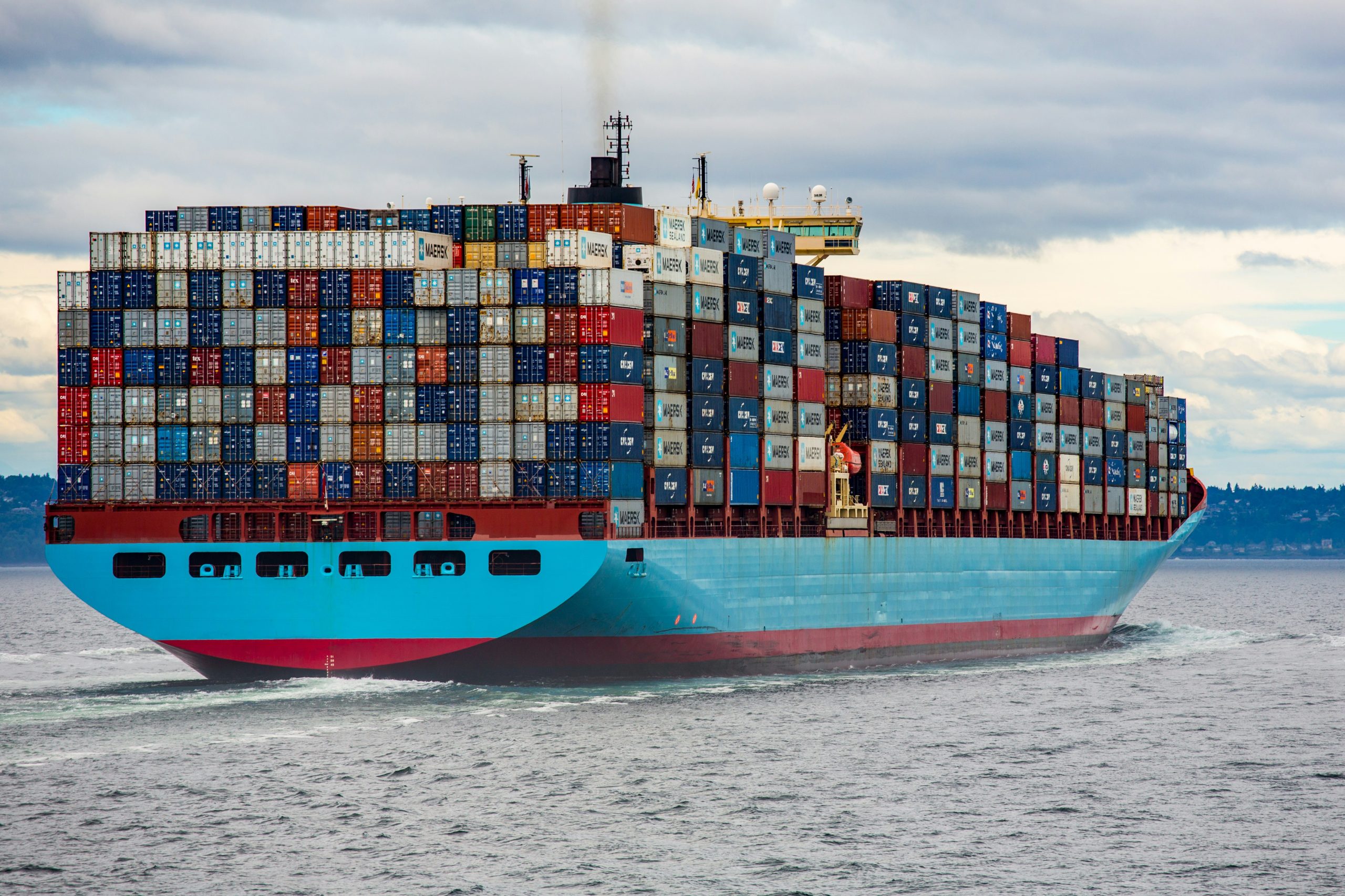The British Virgin Islands (BVI) is a group of islands located in the Caribbean Sea. It is a non-sovereign British Overseas Territory and is known for its beautiful beaches, crystal clear waters, and tropical climate. However, in recent years, the BVI has gained another reputation as one of the world's leading financial centers.
The BVI has emerged as a very popular offshore financial center, known for its favorable tax laws and confidentiality. The number of companies registered in the BVI far exceeds its population of approximately 30,000 people. In recent years, the BVI has also become a major center for crypto-related projects, particularly those offering initial coin offerings (ICOs).
In parallel to its vibrant financial and corporate services sector, the BVI also boasts of a robust regulatory framework that ensures transparency and accountability in its financial transactions. Its Financial Services Commission (FSC) is responsible for regulating and supervising all financial services in the BVI, including banking, insurance, and investment businesses. This has earned the BVI recognition as a well-regulated jurisdiction by international bodies such as the Organization for Economic Co-operation and Development (OECD) and the Financial Action Task Force (FATF).
Know Your Customer (KYC) and Anti-Money Laundering (AML) regulations are crucial in preventing financial crimes such as money laundering, terrorist financing, and fraud. These regulations require financial institutions (FIs) and other regulated businesses such as virtual asset service providers (VASPs) — collectively referred to as financial service providers (FSPs) — to verify the identity of their customers, monitor their transactions, and report suspicious activities to relevant authorities.
In the BVI, these regulations are enforced by the FSC, while the Financial Investigation Agency (FIA) investigates financial crimes under the BVI Anti-Money Laundering and Terrorist Financing Code of Practice.
The BVI's FSC was established in 2001 under the Financial Services Commission Act. It is an autonomous regulatory body responsible for supervising and regulating all financial services provided in or from within the BVI. This includes activities such as banking, insurance, investment business, trust business, company management, mutual funds, and other related activities.
The FSC's mandate is to protect the interests of consumers, promote public confidence in the financial system, and maintain the integrity and stability of the BVI's financial sector. It achieves this through a combination of effective regulation, supervision, and enforcement.
One of the key roles of the FSC is to issue licenses to businesses seeking to operate within the BVI. These licenses are only granted to entities that meet strict criteria and comply with all regulations set by the FSC. This ensures that only reputable and responsible businesses are allowed to operate within the jurisdiction.
Furthermore, the FSC conducts ongoing supervision of licensed businesses to ensure they continue to operate in compliance with regulatory requirements. It also has the power to conduct investigations and impose penalties for any breaches of regulations.
With the rise of global financial crime and money laundering, the BVI has taken several steps to strengthen its regulatory framework and combat illicit activities. One of the key players in this effort is the Financial Investigation Agency (FIA).
Established in 2003 under the Financial Investigation Agency Act, the FIA is responsible for investigating and prosecuting financial crimes in the BVI. It serves as the central agency for gathering and analyzing financial intelligence, as well as providing assistance to other domestic or international law enforcement agencies.
The FIA works closely with the FSC to ensure compliance with international AML and counter-terrorist financing (CTF) standards. It also collaborates with its counterparts in other jurisdictions to exchange information and investigate cross-border financial crimes.
Furthermore, the FIA has implemented strict rules and regulations for entities operating in the BVI's financial sector. This includes mandatory reporting of suspicious transactions, conducting customer due diligence, and maintaining proper record-keeping.
Failure to comply with these requirements can result in penalties, sanctions, and even criminal prosecution.
In order to comply with the BVI’s KYC and AML regulations, FSPs in the territory must collect and verify customer information before establishing a business relationship or conducting transactions. This includes obtaining personal information such as full name, date of birth, address, and ID documents.
Additionally, FSPs may also request additional documentation and information for higher-risk customers or when conducting high-value transactions.
To prevent money laundering and terrorist financing activities, the BVI requires FSPs to implement various AML measures that are in line with the FATF’s Recommendations.. These include customer due diligence procedures, ongoing monitoring of customer transactions, and reporting of suspicious activities.
FSPs must also have internal controls in place to ensure compliance with AML regulations and regularly train employees on recognizing and reporting suspicious activities.
Under BVI's AML regulations, FSPs are required to report any suspicious transactions or activities to the FIA. This includes any transactions that are deemed unusual or do not have a clear legitimate purpose.
In addition, financial institutions must also report any transactions that involve high-risk countries or individuals on international sanctions lists.
Non-compliance with KYC and AML regulations can result in severe penalties for financial institutions in the BVI. These can include fines, revocation of licenses, and even criminal charges for individuals involved in money laundering activities.
It is crucial for financial institutions to have robust KYC and AML procedures in place to ensure compliance with these regulations and prevent potential consequences.
Apart from the regulatory requirements, the BVI has also taken additional measures to combat money laundering and terrorist financing. These include creating a centralized Beneficial Ownership Secure Search System (BOSSs) to verify the identity of beneficial owners of companies registered in BVI and implementing international cooperation agreements with other jurisdictions to share information on suspicious activities.
The BVI is committed to maintaining a strong regulatory framework to protect its financial system from criminal activities. Financial institutions must also play their part by staying updated on any changes or updates to KYC and AML regulations
As one of the leading financial and offshore centers of the western hemisphere, the BVI has developed a progressive and internationally-reputable regulatory environment that requires business there to adhere to robust KYC, AML and CTF standards.
By implementing automated KYC/AML onboarding systems such as KYC-Chain, businesses operating in or from the BVI can ensure compliance with the territory’s FSA, FIA and other regulatory agencies while serving an international client base.
If you have a BVI-registered business or are considering setting one up, get in touch and we’ll be happy to tell you more about how KYC-Chain can help you efficiently and securely reach compliance. You can also try out our platform’s unparalleled usability and extensive feature range with a free 5-day trial.
 How to be compliant with KYC AML regulations in the Post-AI Age
How to be compliant with KYC AML regulations in the Post-AI Age How to Perform KYC on Offshore Companies
How to Perform KYC on Offshore Companies Maintaining KYC, AML & CTF Compliance across Multiple Jurisdictions for Crypto Firms
Maintaining KYC, AML & CTF Compliance across Multiple Jurisdictions for Crypto Firms